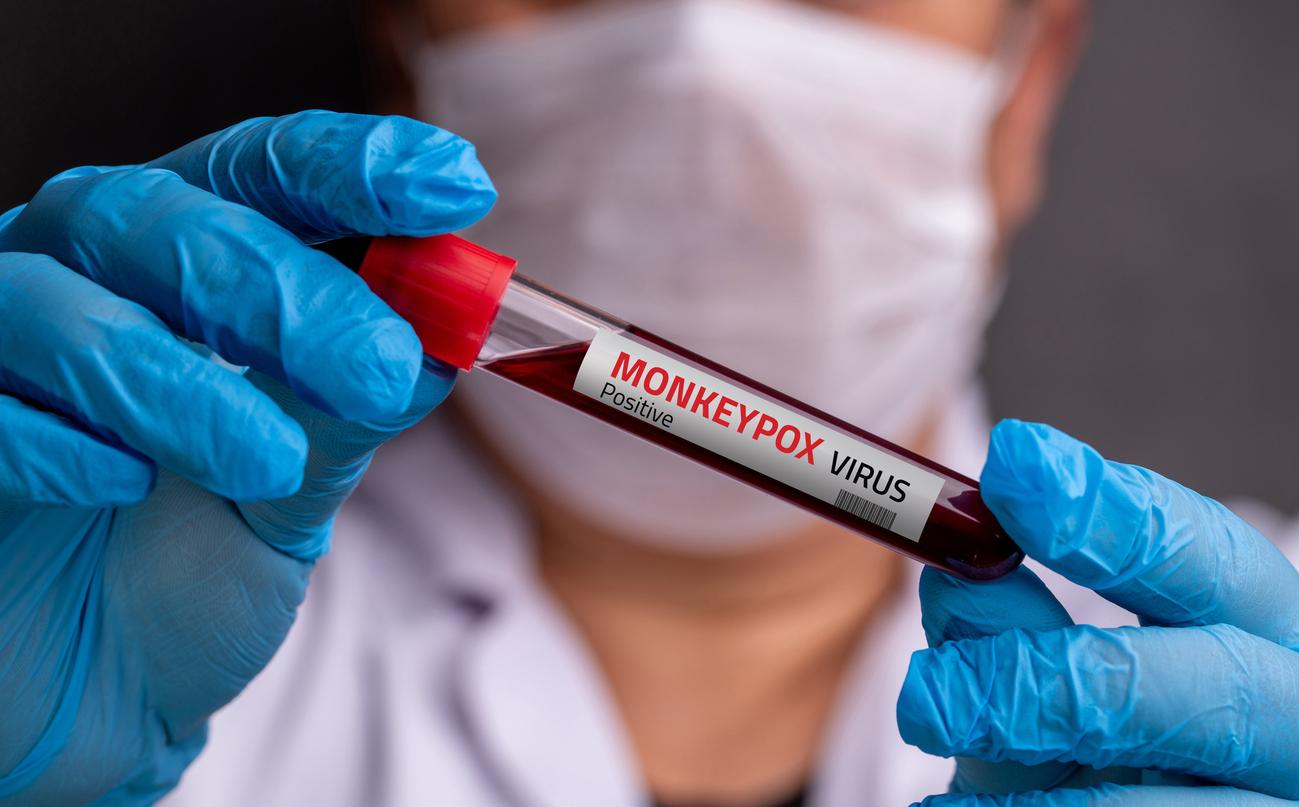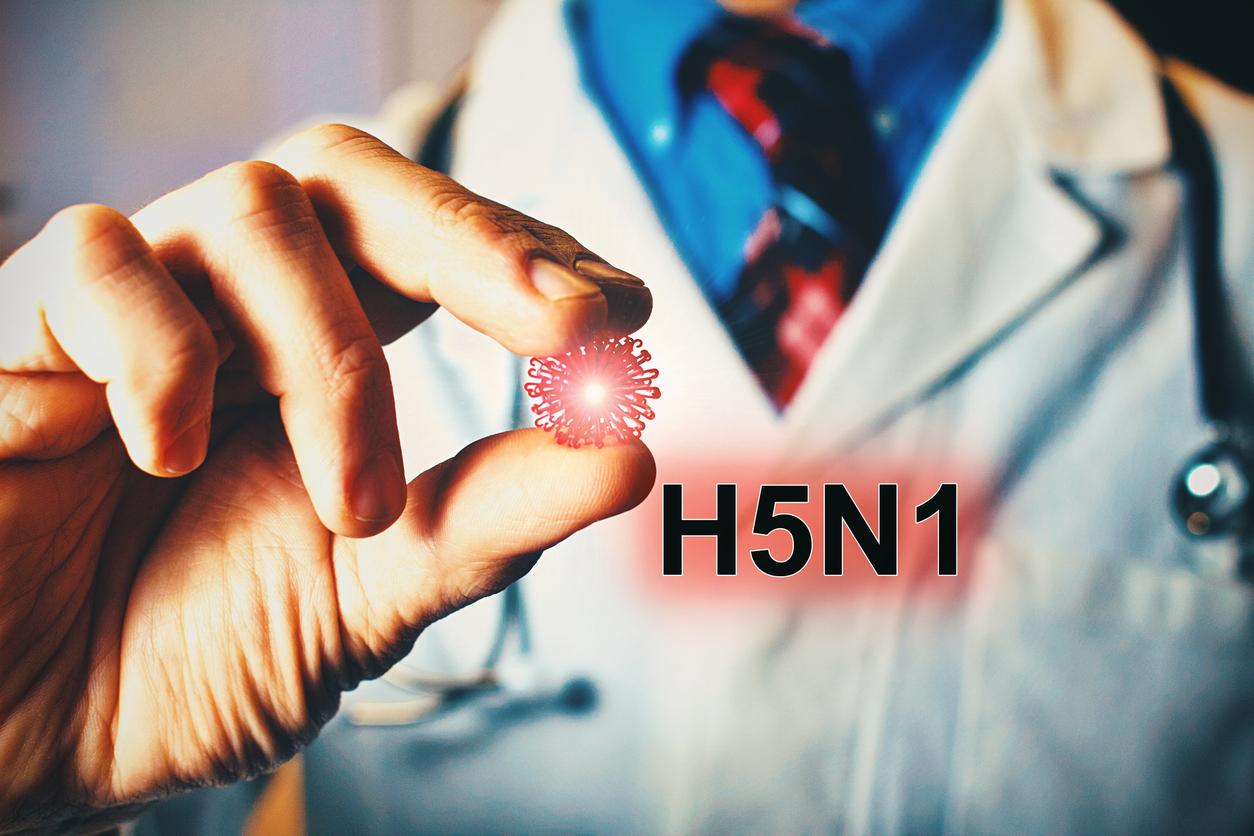Could a new treatment make HIV disappear in a sick person ? A team of researchers from Tel Aviv University has developed a unique treatment against AIDS, in the form of a vaccine or a one-off treatment. The results (after tests carried out on mice) were published on June 9, 2022 in the journal Nature biotechnology : “All model animals that received the treatment responded and had large amounts of the desired antibody in their blood.“, indicates the study.
Over the past 20 years, progress in HIV treatment has been considerable and has already improved the daily lives of many patients. Today it is mostly handled by theadministration of antiviral drugs which will block the multiplication of the virus, thus changing the disease from fatal to chronic. This treatment is nevertheless heavy because of its daily intake (risk of forgetting the tablet) and its many side effects: increased cardiovascular risk, impaired renal and hepatic functions or even osteoporosis.
If a first treatment based on an injection of antiretrovirals (rilpivirine and cabotegravir) every two months was authorized – and therefore reimbursed – in 2021, it does not however allow the total elimination of the virus which remains in the body under a diminished form.
In vivo engineered B cells secrete high titers of broadly neutralizing anti-HIV antibodies in mice https://t.co/1Qsax6rrHSpic.twitter.com/QaAXH7UzP8
— Nature Biotechnology (@NatureBiotech) June 9, 2022
This new technique was developed from genetically modified B lymphocytes live, that is to say inside the sick organism itself. B cells are white blood cells that help to detect and eliminate pathogens such as viruses, bacteria and parasites. And if studies had already shown that it was possible to transplant B lymphocytes from a donor, either ex-vivothis is the first time that B lymphocytes have been genetically modified live as part of this treatment. “We have developed an innovative treatment that can defeat the virus with a single injection, with the potential to bring about a dramatic improvement in the condition of patients.“, welcomes Dr. Adi Barzel, lead author of the study, in a communicated.
How does the treatment work?
To modify them, the researchers used a revolutionary genetic tool: the CRISPR-Cas9 system or “genetic scissors”. Cas9 is a bacterial protein that has antiviral properties and has the ability to cut genetic material at a very specific location in the genome. CRISPR-Cas9 technology is used today to turn off unwanted genes or on the contrary, repair or insert genes. “We incorporate the ability of a CRISPR to direct the introduction of genes into desired sites as well as the abilities of viral carriers to deliver desired genes to desired cells. Thus, we are able to engineer the B cells inside the patient’s body.”said doctoral student Alessio Nehmad.
The treatment is also scalable over time. “If the virus changes, the B cells will also change accordingly in order to fight it, so we created the first drug that can evolve in the body“, concludes Dr. Barzel.
In addition to infectious diseases, this revolutionary technology could also be applied to other diseasessuch as cervical cancer, neck and head cancers or autoimmune diseases.
Sources:
- In vivo engineered B cells secrete high titers of broadly neutralizing anti-HIV antibodies in mice, NatureJune 9, 2022
- A new technology offers treatment for HIV infection through a single injection, EurekaertJune 13, 2022
Read also:
- Why do some people with HIV manage to control their virus without treatment?
- AIDS: 15-24 year olds are less and less well informed
- AIDS: a first patient received a dose of the messenger RNA vaccine against HIV
















